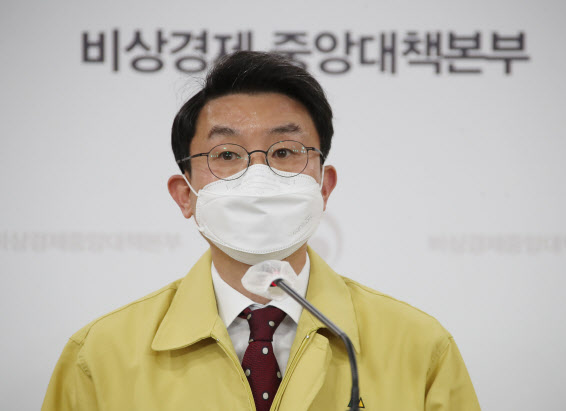|
On the 7th, the government held the 33rd Emergency Economic Central Countermeasure Headquarters Meeting and the 11th New Deal-related Ministers’ Meeting hosted by Hong Nam-ki, Deputy Prime Minister of Economic Affairs and Minister of Strategy and Finance, at the Government Complex in Seoul on the 7th. Discussed. Compared to the same period last year, the rate of increase in consumer prices was 0.6% in January, 1.1% in February, and 1.5% in March.
Deputy Prime Minister Hong said, “The possibility that the increase rate of consumer inflation will exceed 2% this year is quite limited. We plan to actively utilize and manage them in advance.
The government has decided to manage utility bills as stably as possible. At a briefing, the first vice minister of the Ministry of Science and Technology 200 million won said, “We will closely examine the impact of consumer price trends and the increased national economy burden, and strengthen consultation efforts so that rates can be determined at a reasonable level.” “We plan to strengthen monitoring of the provinces and discuss with local governments about step-by-step hikes and dispersion of hike periods when hikes are inevitable.”
In addition, in April, the government decided to import more than 25 million eggs by expanding the import scale from the original plan (15 million). It also decided to release 3000 tons of cabbage stockpile. It has also decided to promote early shipment of onions and green onions. It decided to reduce the burden on the food service industry by lowering the loan interest rate for purchases of food raw materials by 0.5 percentage points to 2.0%.
It was decided to reduce the inflation burden by applying an emergency quota tariff (0%) on some imported grains such as edible corn for a limited time until the end of the year. In addition, it was decided to improve the import process, such as allowing samples to be collected on board for rapid customs clearance of international grains. The non-ferrous metal stockpile was also decided to be released at a 1 to 3% discount.
Meanwhile, the government drew a line with regard to the 5th emergency disaster support fund and corporate tax increase. When asked whether or not to pay the 5th subsidy at a briefing, Vice Minister Lee said, “At the moment, we will focus on the expedited execution of this year’s supplementary budget to support the victims.”
“As a result of finding out through working channels with US tax authorities, US Treasury Secretary Janet Yellen’s proposal for a global minimum tax came from the context of the OECD’s digital tax discussion,” said “(Korea’s) corporate tax increase. Regarding, he answered that cases and matters to be carefully reviewed in consideration of corporate competitiveness and investment impacts.”

